Bachelor of Arts (Honours) in Cultural Studies (BACS)
Programme Overview
With a focus on critical writing, media literacy and cultural innovation, our interdisciplinary programme cultivates caring changemakers for the digital age.
“Culture” refers to the ideas we hold and the common ways of life we share. With this programme, you will be trained to examine a broad range of sociocultural topics in local and cross-cultural contexts. You will become more knowledgeable and aware of the diverse values and lived experiences that shape our everyday life in the contemporary world.
Our flexible programme structure is industry-focused and skill-based. With the support of academic experts from cultural studies, sociology, education, media studies, literature studies, environmental studies, and history, you will learn how to:
- critically analyse and reflect on the complex interplay between individuals and society
- apply current theories to real-life practices through media production workshops, studio-based learning, capstone projects and internships
This programme is ideal if you want to:
- enhance your competency in research creation, cultural production, and digital storytelling
- advocate and contribute to a more open, sustainable and inclusive community
- pursue a career in non-profit, media, education, cultural or creative sectors
New Concentrations and Courses from 2023-24
From 2023-24, students will be able to declare a concentration in “Cultural Commons, Social Innovation and Creativity” and “Digital Culture and Media Practices”. Meanwhile, 11 new Programme Electives will be added for all BA Cultural Studies students, 7 of which are co-listed under the new Concentration “Cultural Commons, Social Innovation and Creativity”.
These two concentrations will enhance student experience and prepare student for community engagement and career development.
- “Cultural Commons, Social Innovation and Creativity” Concentration
- “Digital Culture and Media Practices” Concentration
Students* will be able to declare this concentration after completing any 4 courses (12 credits) from those listed below. The concentration will be shown on their transcript.
CUS3001 Curating Digital Practice CUS3003 Media and Creative Industries CUS3004 Media, Gender, and Sexuality CUS3005 Media Networks and Everyday Life CUS3007 Social Media Literacy CUS3009 Special Topics in Digital Culture & Media Practices CUS3013 Techno-culture CUS3310 Media, Culture and Society CUS3411 Media Creativity *Applicable to 2021-22 Year 1 intake, 2022-23 Year 1 and Year 2 intake, 2023-24 and later intake. For details, please refer to the programme structures here.
- 11 New Programme Electives
11 new courses will be added for all students,7 of which are co-listed under the new Concentration “Cultural Commons, Social Innovation and Creativity” (denoted by ^ in the list below).
- CUS2406 Becoming a Social Media Influencer
- CUS2407 Creating Urban Commons: A Global Perspective ^
- CUS2408 Cyber Fandom and Everyday Culture
- CUS2409 Digital Marketing for Social Causes
- CUS2410 Digital Technology and Creative Commons ^
- CUS2411 Food, Technology and Environments ^
- CUS2412 Platform Future and Open Co-operativism ^
- CUS2413 Reflexive Approach to Social Innovation ^
- CUS2414 Social Value and Social Impact Assessment: A Critical Introduction ^
- CUS2415 Theories of Cultural Innovations ^
- CUS3316 Modern Chinese Thought #
# The course was deleted from 2019-20, will be reactivated and listed as a programme elective from 2023-24.
Ready for Diverse Career Pathways
With its dynamic structure and liberal arts background, the programme prepares students for a wide range of careers in the following industries:
- social and cultural innovation
- education
- creative art and curation
- digital media
- environment and sustainability
- NGOs
- government
- business
Graduate / Student Sharing
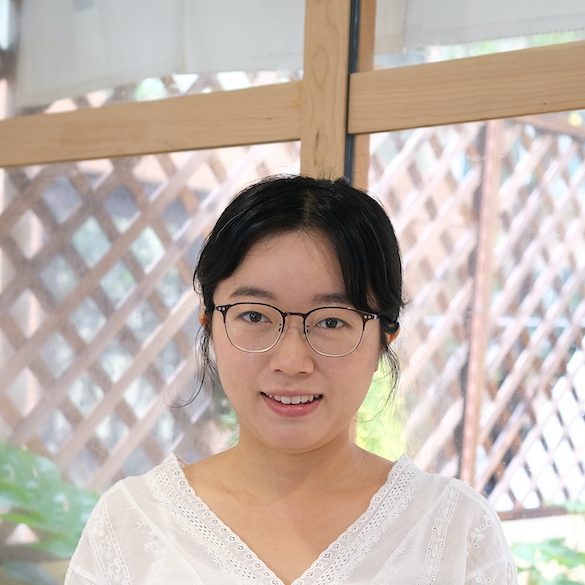
Stephanie Fung (Class of 2015)
Co-founder and curator, Common Sense HSK and UpCycling Plus
“Cultural studies narrows your focus for a broader vision.”
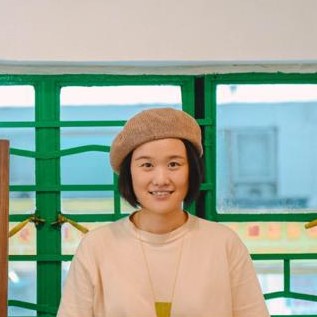
Daisy Chu (Class of 2005)
Founder, foreforehead
“Never conform to stereotypes, blur the lines, search for new possibilities – this is what Cultural Studies has taught me.”
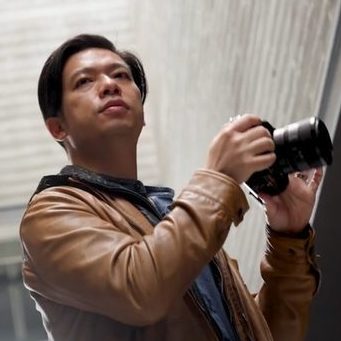
Fredie Chan
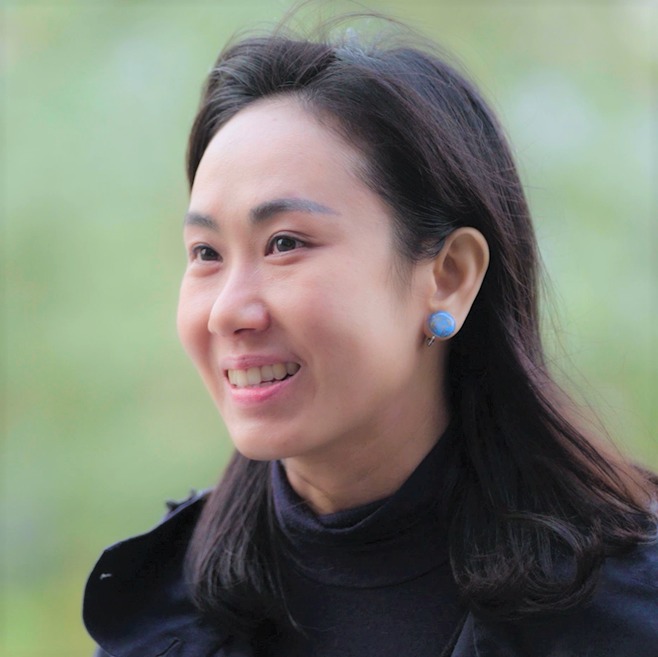
Florence Lo
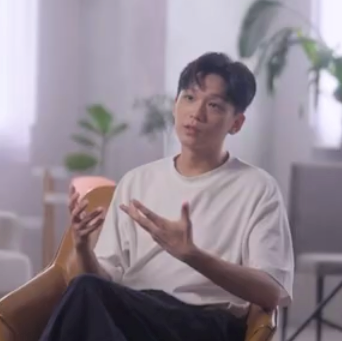
Lo Chun Yip, Siuyea
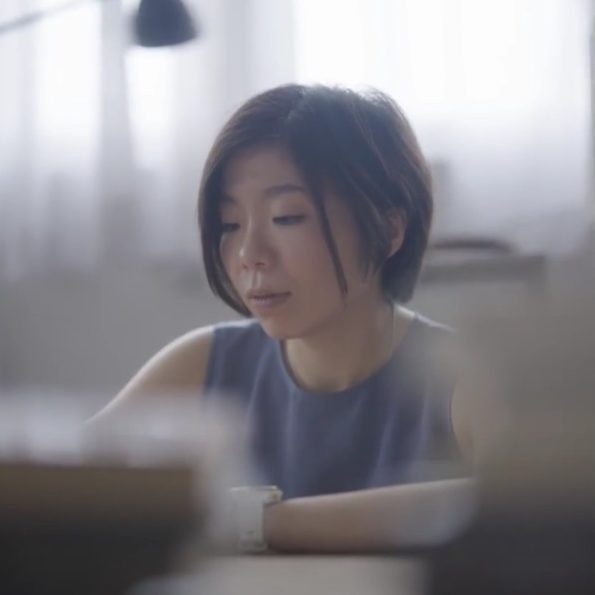
Chan Ho Sun
Radio Programme at RTHK Radio 2: 文化研宇宙
What is Cultural Studies? Why do we study Cultural Studies? In the new public radio programme ‘文化研宇宙’ (Cultural Studies x Technology), our faculty members will explore the impact of digital technology on our cultural lives. Listen to their engaging discussions on the RTHK programme Website.
- Description for Each Episode
Episode 1: Our faculty members discuss the captivating field of cultural studies and its intersection with technology. They explore the question of “What is cultural studies?” and highlight its interdisciplinary approach to studying cultural phenomena in our daily lives, covering food technology, AI, Asian pop culture, KOL, and more.
Episode 2: The episode delves into the environmental impact of industrial farming and global warming, explaining the development of lab-grown meat as a sustainable alternative to traditional meat production. Prof. Daren Leung examines the intersection of meat consumption, environmental concerns, and cultural studies, providing valuable insights into the cultural implications of lab-grown meat.
Episode 3: Prof. Daren Leung further explores the cultural implications of lab-grown meat and evaluates its potential as a solution in the food industry by navigating the challenges on both the production and sales sides of lab-grown meat, including economic moral and safety considerations.
Episode 4: Prof. Victor Shin and Cantonese opera artist Christie To explore the world of Cantonese opera in this episode. They navigate how Cantonese opera has been studied by scholars, its rich history, and the diverse approaches to appreciating this art form. They also discuss the transformative impact of technology on performance styles and the audience’s comprehension of this unique art form.
Episode 5: Prof. Victor Shin and artist Christie To delve into sustainable development in Cantonese opera. They explore the incorporation of digital technology in traditional performances, specifically focusing on Christie’s revolutionary show, Magic Tea House, which introduces an AI actor. The discussion underlines the significance of retaining existing audiences while captivating new ones, emphasising the essential role of creativity and innovation in preserving traditional preforming arts.
Episode 6: Prof. Yvonne Yau explores the rise of K-pop and its unique marketing and management approaches, distinguishing it from J-pop. The discussion highlights the reasons behind K-pop’s success, including active government promotion, an international-oriented strategy, and most significantly, the crucial role of new media platforms such as YouTube and social media, which have revolutionised the way K-pop is shared and consumed.
Episode 7: Prof. Yvonne Yau offers valuable insights into the cultural significance of the “Girl Crush” concept derived from K-pop culture, focusing on some popular Korean girl groups. She explores its impact on the representation of women in popular culture and its empowering role in encouraging women to embrace confidence and independence.
Episode 8: Prof. Daren Leung starts the discussion by exploring how city dwellers and cultural studies perceive “garbage” and then delves into the food waste journey, tracing its origins and evolution. He also highlights the severity of Hong Kong’s waste problem and the importance of proper food waste management.
Episode 9: Prof. Daren Leung explores community-based waste reduction initiatives with Timmy, co-founder of Lab0ver, a community enterprise aiming to create a culture of waste reduction at the community level through setting up street stations for food waste recycling. They also highlight their collaboration in Daren’s Service-Learning course, where students actively collect and compost food waste, promoting greener practices within local communities.
Episode 10: Prof. Lisa Leung and Prof. Yvonne Yau delve into the topic of KOLs’ authenticity in this digital age. They explore the reasons behind the popularity of KOLs and highlight the value of authenticity and transparency, particularly in amateur KOLs. However, they also raise concerns about the diminishing trustworthiness of KOLs when material incentives are involved, emphasising the potential impact on their credibility.
Episode 11: Prof. Lisa Leung and Prof. Yvonne Yau explore the multifaceted world of KOLs. While highlighting the perceived glamorous aspects of the profession, including high income, flexibility and fame, they also shed light on the less glamorous realities, such as constant work and lack of labour protections. The discussion underscores the importance of policy measures to enhance the rights and well-being of social media creative laborers.
Episode 12: Prof. Victor Shin and Prof. Stephen Chiu from EdUHK explore the development of Traditional Chinese Medicine (TCM) in Hong Kong. They emphasise the increased significance of TCM since 1997. However, the limited resources and support pose challenges to its wider adoption, with Western medicine remaining the preferred choice among residents. They also delve into the cultural implications surrounding the acceptance and popularity of TCM in Hong Kong society.
Episode 13: Prof. Victor Shin and Prof. Stephen Chiu continue to discuss the topic of modernising traditional Chinese medicine (TCM) in the era of technology. They explore different perspectives within the TCM industry and highlight examples of TCM’s application and development in Hong Kong, such as online healthcare systems, computerised medical records, medication barcoding, telemedicine, etc. The discussion provides insights into the challenges and progress of integrating TCM with modern advancements.
Episode 15: Prof. Yvonne Yau explores the phenomenon of virtual idols in Japan, focusing on the success factors behind the vocal synthesis software, Hatsune Miku. The discussion highlights their cute and innocent image, songs tailored to popular tastes, and the uniqueness of the software, all contributing to their remarkable success. The show also raises thought-provoking questions about the cultural impact of virtual idols on human lives and values, as well as the potential implications for the future.
Episode 16: Prof. Lisa Leung, together with the representative of a game developer, delve into the captivating nature of online games and their widespread popularity. Considering the billions of individuals involved in the industry, they explore how game developers strategically use psychological elements to attract and retain players. They cover various types of gaming, including skill learning, competition, and simulation. They also address social concerns related to gaming addiction.
Episode 17: Prof. Lisa Leung discusses the widespread application of gamification in various areas of life, such as education, workplace, exercising, etc. Lisa acknowledges the positive aspects of gamification, such as motivation and enjoyment, while also highlighting potential negative consequences, including workplace inequalities and reinforcement of gender stereotypes. She emphasizes the shared responsibility between game developers and users, stressing the importance of ethical consumer behavior and individual accountability.
Episode 18: Prof. Daren Leung and our research fellow, Dr. Jamie Chau examine the rapid rise of artificial intelligence (AI) in recent years. They highlight the benefits of AI, such as Chatgpt, as a valuable tool for problem-solving. However, they also acknowledge the challenges it brings. They emphasize the importance of embracing digital technology and developing AI literacy. They encourage listeners to consider ethical, logical, and social norms when using AI, promoting critical thinking and reflection. Ultimately, they call for collective efforts to responsibly harness AI’s potential for advancing society.
Episode 19: Prof. Daren Leung and Dr. Jamie Chau discuss the impact of AI on language, highlighting the potential loss of meaning when society overly relies on technology. They emphasize that language serves as a reflection of cultural identity while AI struggles to comprehend the literal meaning beyond words, such as taboos and irony, and preserve the cultural nuances embedded within language. This limitation can lead to misunderstandings and misinterpretations. Lastly, they underscore the importance of recognizing AI’s shortcomings in order to utilize it more effectively and efficiently.
Episode 20: Prof. Daren Leung explore the impact of technology on loneliness, specifically focusing on social media and dating platforms. While these platforms offer opportunities to overcome geographical and linguistic barriers, Prof. Leung highlights the challenges of building deep and lasting relationships in a society characterized by constant change and adaptability (liquid modernity). The discussion provokes reflection on the need to establish certainty and meaningful connections in the context of a rapidly changing world shaped by technology.


